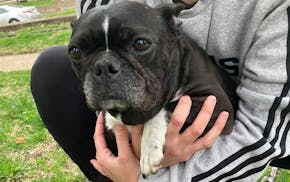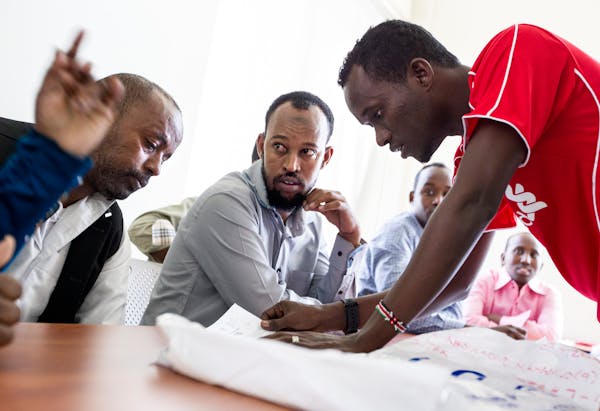Unaccompanied children from Central America will find a tough time getting the asylum they are seeking in the United States, despite the violence and trauma they may have experienced.
Those seeking asylum from the gang-torn countries have a high legal standard to meet.
For someone seeking asylum based on political opinion, the gangs they are fleeing have not been legally classified as political entities, even though they can control regions and politics and often operate as quasi-governmental groups, said Deepinder Mayell, director of the refugee and immigrant program for the Advocates for Human Rights, a Minneapolis-based organization that has been assisting the children and their families locally.
Women and girls subjected to gender-based persecution, including sexual assault, slavery and abduction, are often not recognized as asylum seekers unless the violence results from domestic assault.
In addition, children claiming trauma must meet the same standard of proof in court as adults. But, like adults in immigration court, they have no right to an attorney. Children may have a difficult time identifying their persecutors and articulating what was done to them, said Mayell, who recently wrote on the subject for the Advocates for Human Rights website.
"For most of these people asylum might be the only option, and when it comes to asylum the legal definition and case law that surrounds it is very challenging," he said.
Another option, called Special Immigrant Juveniles Status, is even more problematic, he said. In those cases, a state court has to rule whether a child has been abandoned or neglected and there has to be another guardian willing to step in, requiring another layer of court action.
Children involved in the surge will be scheduled for a master calendar hearing in immigration court, put on an expedited docket and probably will expect to have a final hearing on their status within a couple of months, far faster than the usual process, Mayell said.
Mark Brunswick • 612-673-4434

Dog returned safely to woman who had 'Tiny' stolen from her while on a walk in St. Paul 2 days ago

Prairie Island Indian Community requests the return of 'Mankato Hanging Rope'

